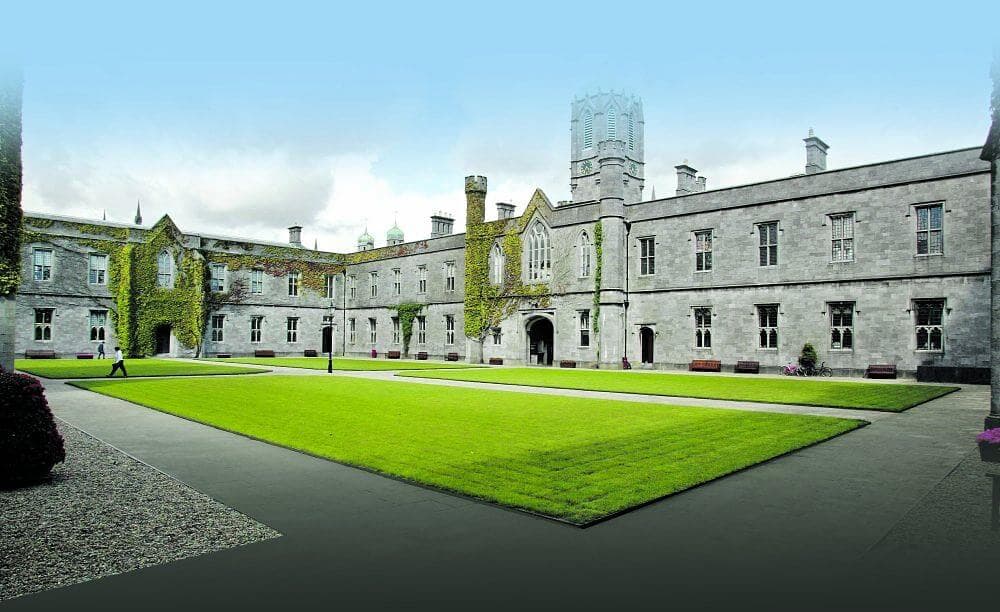The programme explores the human rights legal framework, along with the philosophical basis and historical development of human rights. It provides students with both theoretical and practical understanding of how the human rights system works at international, regional and national level.
The programme covers the role of different actors in the promotion and protection of human Rights, including the human rights work undertaken by the United Nations, Non-Governmental Organisations (NGOs), and Regional and National systems.
Year 1
First Year modules provide an introduction to human rights and analyse the philosophical basis and historical development of human rights. During the first year students become acquainted with the normative foundations of International Human Rights and the various international human rights mechanisms of promotion.
Year 2
In the second year, students undertake the study of the regional human rights systems, structures and instruments, including the Inter-American, the European, the African and Asian Systems of Human Rights. Other modules will have more thematic approach providing students with knowledge and understanding of some contemporary human rights issues such as migrants and refugees rights, LGBTIQ+ rights and women’s rights.
Year 3
In the first semester, students have a number of optional modules from which they can chose, including, EU Law, Criminal Law Administrative Law, Health Law and Policy, Irish Legal Systems, Constitutional Law and Legal Methods and Research.
In the second semester, students will have the opportunity to either undertake work placement with a human rights organisation, study abroad or undertake an Applied Human Rights Project.
Year 4
Students will complete their studies in their two core degree subjects and may, if suitable, incorporate the specialist skills and knowledge they have gained in human rights over the previous three years in their final year projects
Curriculum Information
Curriculum information relates to the current academic year (in most cases).
Course and module offerings and details may be subject to change.
Glossary of Terms
Credits
You must earn a defined number of credits (aka ECTS) to complete each year of your course. You do this by taking all of its required modules as well as the correct number of optional modules to obtain that year's total number of credits.
Module
An examinable portion of a subject or course, for which you attend lectures and/or tutorials and carry out assignments. E.g. Algebra and Calculus could be modules within the subject Mathematics. Each module has a unique module code eg. MA140.
Subject
Some courses allow you to choose subjects, where related modules are grouped together. Subjects have their own required number of credits, so you must take all that subject's required modules and may also need to obtain the remainder of the subject's total credits by choosing from its available optional modules.
Optional
A module you may choose to study.
Required
A module that you must study if you choose this course (or subject).
Required Core Subject
A subject you must study because it's integral to that course.
Semester
Most courses have 2 semesters (aka terms) per year, so a three-year course will have six semesters in total. For clarity, this page will refer to the first semester of year 2 as 'Semester 3'.
